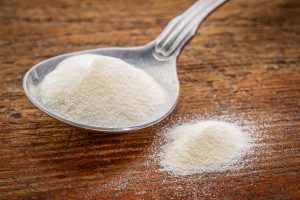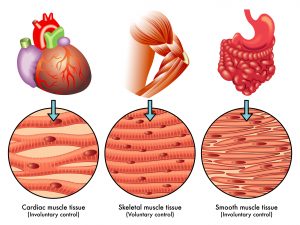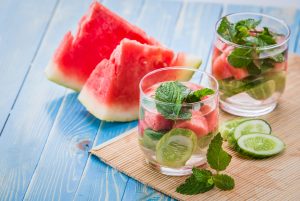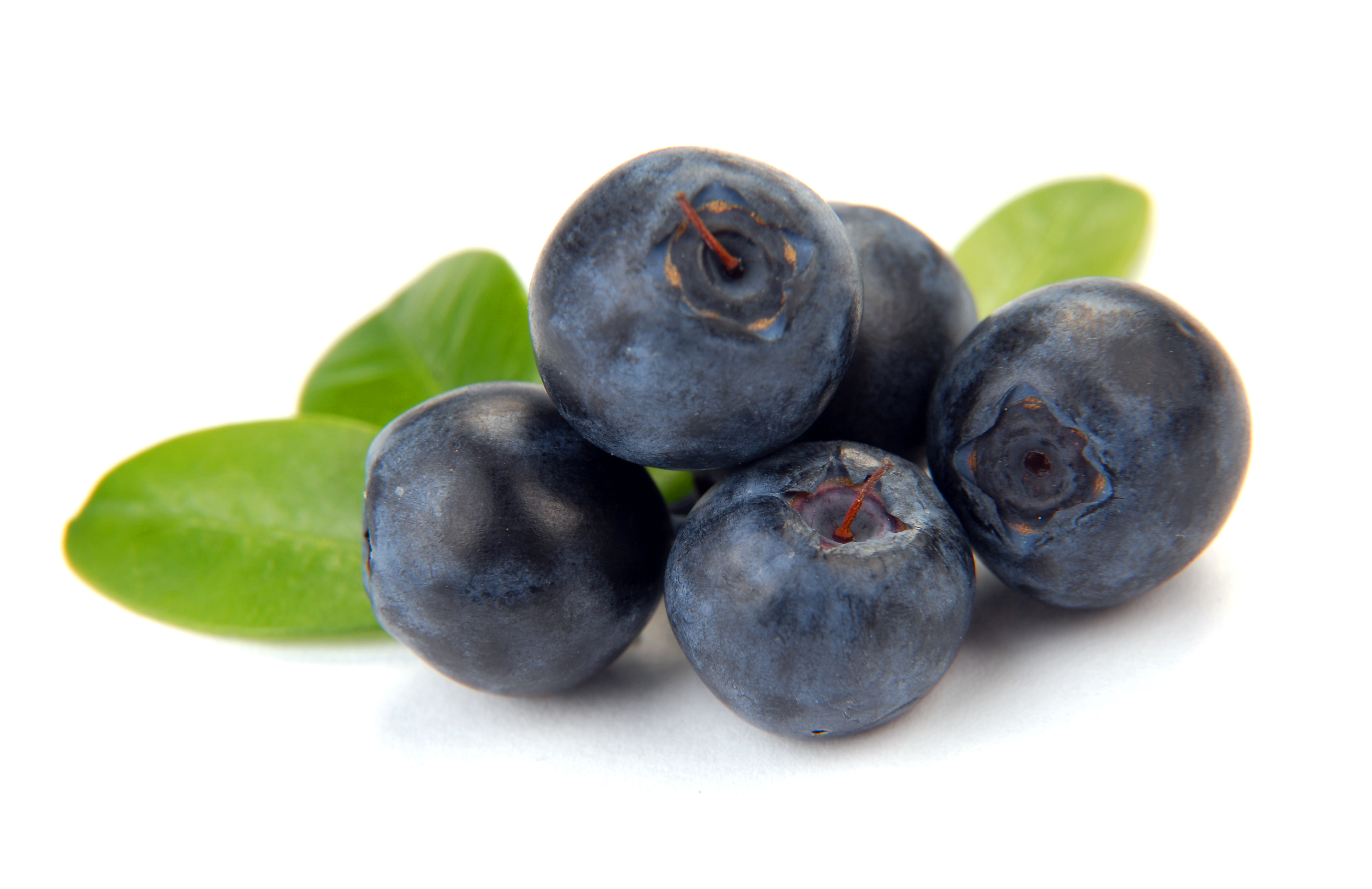“Collagen protein powder” seems to be one of the top health trends of 2019. Should you be adding it to your morning smoothie, you may wonder? Read on!

First: What is collagen protein?
According to Dr. Axe,
Collagen is the most abundant protein in our bodies, especially type 1 collagen. It’s found in muscles, bones, skin, blood vessels, digestive system and tendons. It’s what helps give our skin strength and elasticity, along with replacing dead skin cells. When it comes to our joints and tendons, in simplest terms, it’s the “glue” that helps hold the body together. (Dr. Axe, 2018)
If collagen is an integral component of each of these body structures, and if collagen production naturally decreases with age, it would make sense that by supplementing with dietary collagen may be the answer, right?
I would argue that there are pros and cons to using collagen as a supplement to your diet.

The Pros
Since collagen protein is the building block of the cells of the intestines, heart, organs, and joints, then having healthy collagen improves the integrity and health of these structures. Studies have shown that collagen is associated with the following benefits:
- Improved health of skin and hair
- Reduces joint pain and degeneration
- Heals Leaky Gut Syndrome
- Boosts metabolism, muscle mass, and energy
- Strengthens nails, hair, and teeth
- Improves liver health
- Protects cardiovascular health
The Cons
- Collagen protein is very processed. When you think about it, you’re eating ground-up, powdered animal tissue. If you take collagen peptides, you’re eating hydrolyzed collagen, which is even more processed to make it more digestible and absorbable for our bodies (since we’re not naturally accustomed to ingesting animal powder). Our ancestors ate lots of collagen – but it was directly from whole animals, including all of the parts that we commonly discard today (ligaments, tendons, skin, etc). As a whole-foods enthusiast who advocates getting back to basics to balance the body, I would prefer making a nutrient-dense bone broth as a source of healing collagen protein that is very digestible and soothing to the body.
- Questionable sustainability. Unless you are buying organic, pasture-raised meats and poultry, there is a very good chance that your meat is laced with antibiotics, steroids, and chemicals. With the extremely high demand for collagen protein powders, and with the advertising focused mainly on the health benefits, the product purity and animal protection measures are rarely mentioned. If you do invest in collagen protein powders, I would recommend doing some research on the company and the measures it uses to ensure quality and sustainability.
My Opinion
The most important thing to consider is: why are you using collagen protein? Is that condition being caused by an underlying nutritional deficiency?
For example: if you want to have more vibrant and healthy skin, have you tried drinking more water? Have you eliminated processed foods? Do you eat plenty of leafy green veggies, fruits, sweet potatoes, and carrots each day?
If you are deficient in any of these areas, collagen protein is not going to fix the root cause of your condition.
Another example: if you want to improve your digestion, have you implemented stress reduction practices like meditation, rest, and self care? Have you tried a 3-6 week Elimination Diet to avoid allergenic triggers?
If you are experiencing bloating, discomfort, or adverse food reactions, but do not change your diet and stress levels, collagen protein may not fix the root cause of your condition.

Conclusion
Collagen protein does seem to have many powerful health benefits. However, it cannot be used as a replacement for basic, fundamental nutrition. Also, there are less-processed ways to consume collagen than processed powders. I challenge you to try sipping on store-bought bone broth – or better yet, make your own!
I do have a container of Dr. Axe’s collagen protein. I’ve had the same one in my pantry for over a year. When I notice that I haven’t had too much protein in my diet lately, I’ll add a half or full scoop to my smoothie (maybe once every other week or so). Or if we are running low on groceries, it makes a great balanced breakfast smoothie with frozen berries. However, I make a point of eating a balanced diet, with plenty of plant-based protein (chickpeas, black beans, quinoa, almonds, nut butters), as well as fish, eggs, and occasional chicken and turkey. I eat tons of fruits and veggies and sip water and tea throughout the day.
Collagen protein is a trend. Trends come and go, but balanced meals, clean water, and fruits and veggies have been the staples of balanced nutrition for centuries and 20 years from now, I’ll bet they will still keep me healthy 😉
